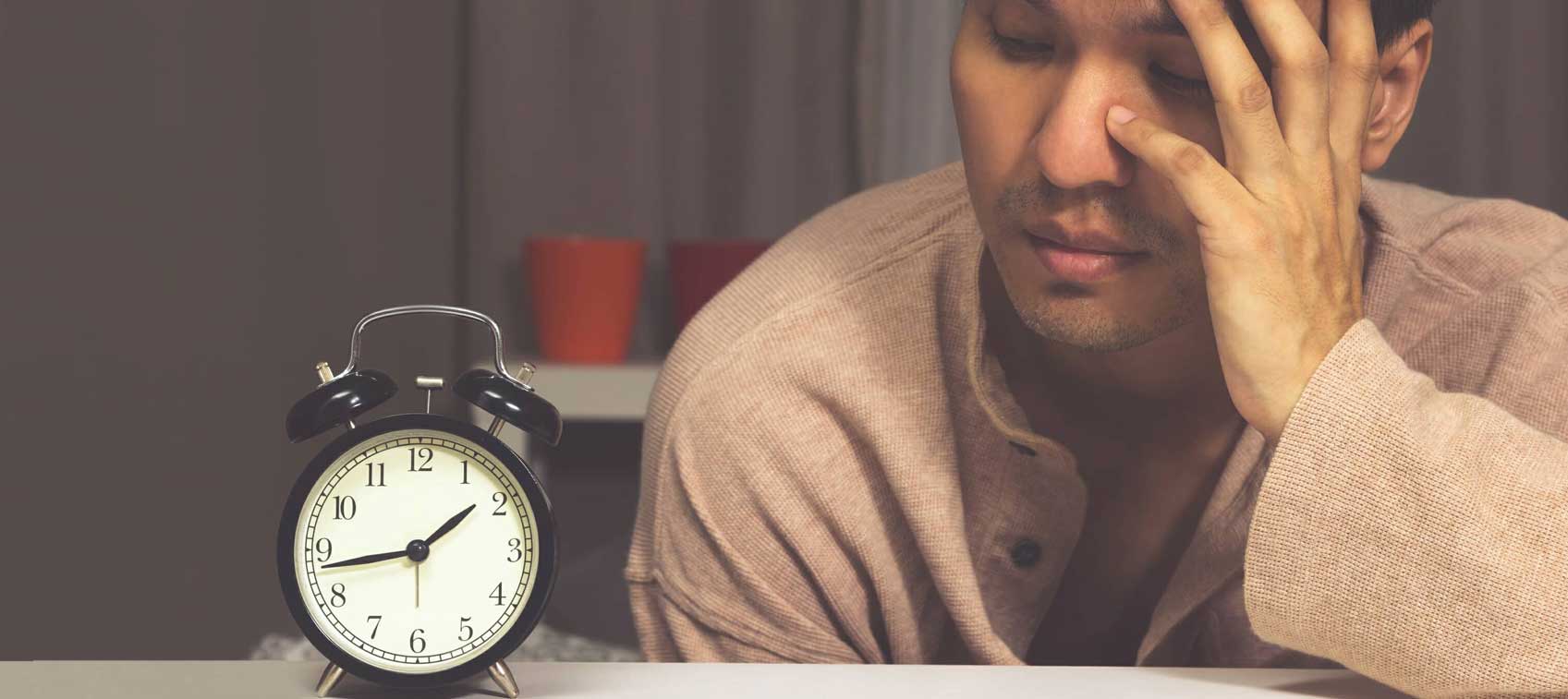
Discover why morning stress can be a cause for high blood pressure—and raise your risk of a heart attack.
Recently, a reader wrote to say, “I’ve had high blood pressure for two years, but mostly in the morning when it is around 160/80, while at night it goes down to 100/50 sometimes. I am not taking any conventional medicine. My question is whether there is a cause for high blood pressure in the morning—and why would it fluctuate so much within seven to eight hours from night to morning?”
I know many of you experience high blood pressure in the morning, myself included. It's normal to have slightly higher blood pressure numbers in the morning, and here’s why it happens. Serum cortisol, which activates the autonomic nervous system and can be a cause for high blood pressure, peaks in the early morning hours. This could be why there is a higher risk of a heart attack in the morning. Ask your doctor to check your levels with a 24-hour salivary cortisol test (samples are saved every four hours for 24 hours).
Daily Stressors Can Cause High Blood Pressure in the Morning
Researchers speculate that the higher incidence of sudden cardiac death in the early morning hours on Saturday and Monday may be due to excessive cortisol levels, which is a cause for high blood pressure. I agree with my colleague, the late Dr. Robert Elliot, who theorized if your home or work is an emotional combat zone, then “gearing up” to face the weekend or work week can trigger lethal conversations between the mind and the body. Heart attacks in the morning occur more frequently than at other times of the day.
I share this because it's normal to have high blood pressure in the morning. As the day progresses, blood pressure settles down although it can elevate with activity and stress. By night levels usually come down with the rest and recovery of sleep.
So, I’d ask: Do you have any psychological stress as you face your day that is somehow relieved once you get rolling throughout your day? If so, take precautions against these causes for high blood pressure, and prepare yourself for the higher risk of heart attack in the morning.
What Can You Do to Reduce Early Morning High Blood Pressure?
It never hurts, as well, to have a treadmill exercise stress test to see how your blood pressure responds to light activity and more intense exercise. In fact, everyone should get a baseline stress test by the time they are age 50, just to check and have something to compare to in the future.
For healthy, non-hypertensive people, walking around can reduce the diastolic blood pressure. For those with psychological stress, walking can also reduce systolic blood pressure. In that latter group of people, we often see a higher baseline pre-exercise blood pressure and a nice reduction of blood pressure to normal levels once they are “in motion.” Walking may be just the thing you need.


